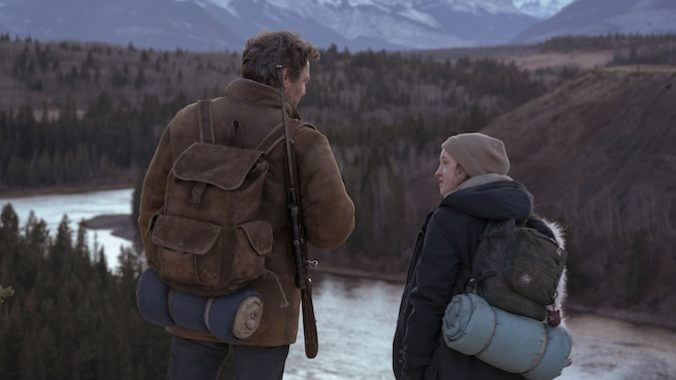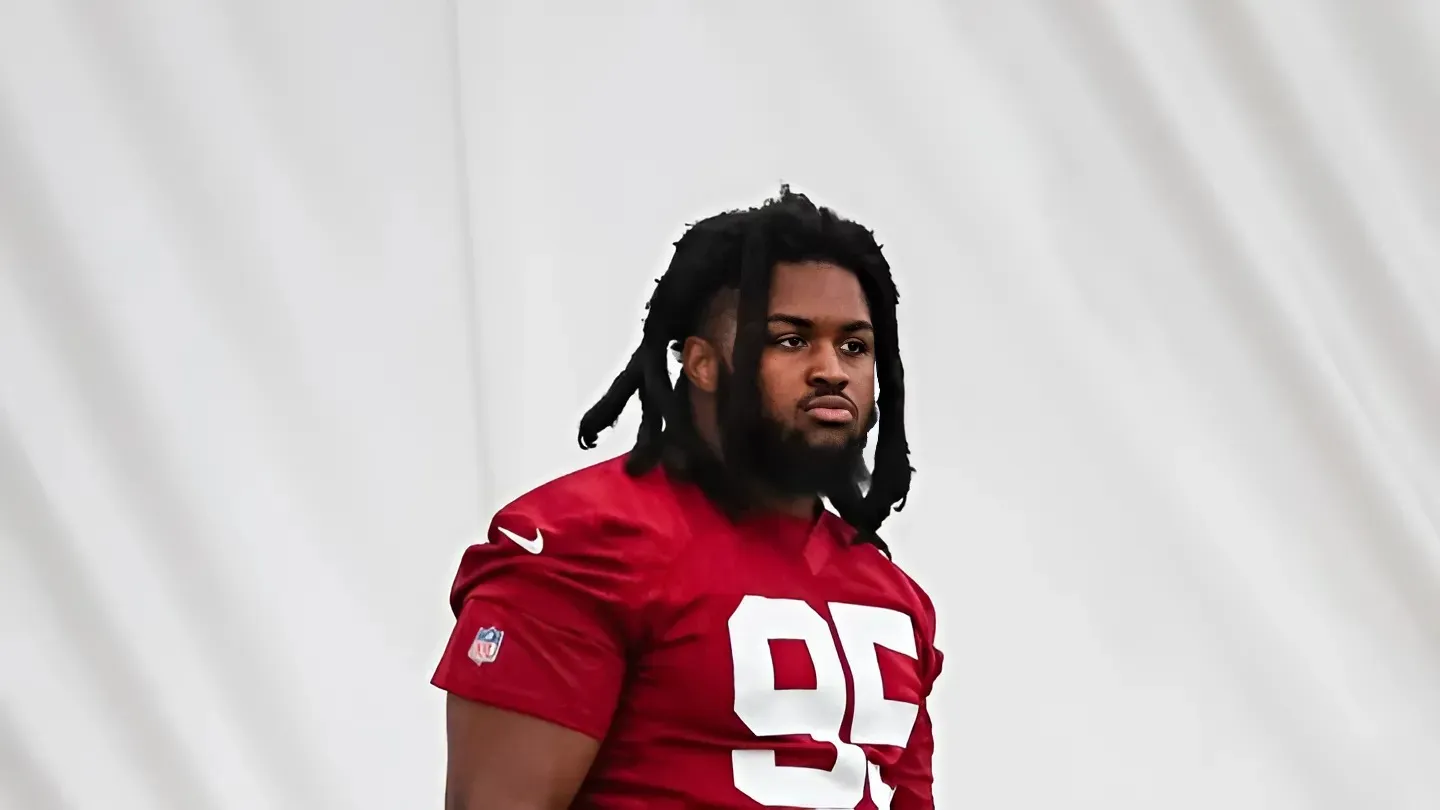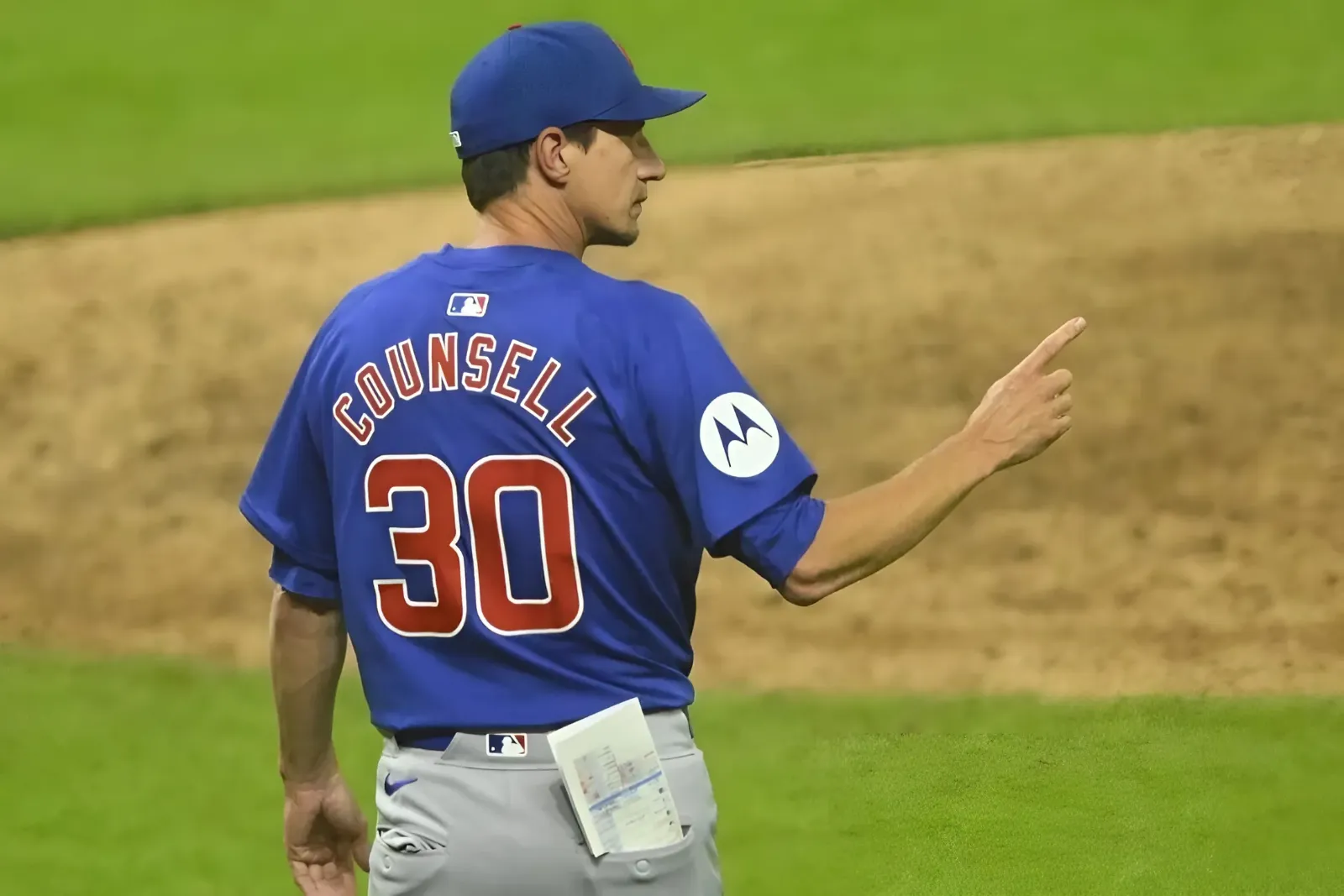The loss of someone we love connects us. It’s a universal bond stronger than almost any other emotion because it’s rooted in love. HBO’s The Last of Us understands that aspect particularly well (more than any other zombie-related series we’ve seen before) and uses it as the core of its tragedy and trauma-heavy story. It’s what makes it an intimate, character-driven drama rather than a standard zombie horror. Every character’s death is an emotional turning point and a crucial building block for Joel (Pedro Pascal) and Ellie’s (Bella Ramsey) relationship. The feelings they share and constantly grapple with (caused by grief, trauma, and heartache) are in their past, present, and future. They never fade because the plot continuously introduces and kills off characters within an episode after our protagonists (and we) grow fond of them. Yet instead of simply using that as a sensational narrative tool for effect (like Game of Thrones or The Walking Dead did), the writers make it an integral part of character development to gradually deepen the connection between Joel and Ellie.

The show introduces this form of character building right in the first episode with Sarah’s (Nico Parker) death. We see how Joel fails to protect her, and immediately empathize with him and understand where his paralyzing trauma lies. Ellie only learns bits about his loss slowly throughout until Episode 6, when they meet Joel’s brother Tommy (Gabriel Luna) and his wife Maria (Rutina Wesley), and everything falls into place for her.
After she eavesdrops on Joel and Tommy’s conversation about the former’s plan, the next scene between her and Joel carries the devastating weight of grief on both sides. Ellie pleads, “I’m sorry about your daughter, Joel. But I have lost people, too.” He replies gruffly, “You have no idea what loss is.” It’s an emotionally vulnerable sequence (lifted from the game faithfully) in which both characters open up and channel their despair, fear, and long-buried heartbreak. The intimate dialogue between the two finally articulates the unspoken truth that they have developed a father-daughter dynamic and grown dependent on each other. It’s a culmination of their journey, both metaphorically and literally, after they’ve been surviving together for months.
But to understand the complexity of their bond (born from trauma, violence, and endurance), we need to go back to the beginning. In Episode 2, when Tess (Anna Torv) says goodbye to Joel and Ellie before blowing herself up with a swarm of rabid mushroom heads, we barely know her. Ellie has spent even less time with her (and just started to like the woman), so her demise isn’t really her loss. She doesn’t get to mourn her the same way Joel does. But based on the snippets of information acquired about their relationship, she knows how much she meant to Joel. She saw what they had was meaningful and deeply personal. From the show’s perspective, the sole point of this tragic loss is to make Ellie more compassionate toward Joel—to make her comprehend his pain, similar to hers in many ways, about the people she’s lost. The point the series accentuates with every necessary death is that we don’t need to know each temporary character that well to feel and identify the impact their dying has on the protagonists. It’s a process of building character.
In Episode 3, we get to know Bill (the survivalist loner played by Nick Offerman) better in 70 minutes than Joel and Tess did during their brief encounter we saw in a flashback. Yet when our heroes arrive at his home (after he committed suicide), by reading the sincere note he left for Joel, Ellie understands that he was a good man (and likely a close and genuine friend to Joel). When she reads the letter out loud, she sees and registers the anguish in Joel’s eyes. And regardless of how small this moment might feel to her, she knows it’s a painful one for him. Again, she didn’t know Bill but is emotionally aware enough to understand Joel’s loss.
Episodes 4-5 in Kansas City are special for various reasons. It’s the first time Joel and Ellie’s survival skills are tested together against humans. The people they encounter here (good and bad) are strangers to both of them. Brothers Henry (Lamar Johnson) and Sam (Keivonn Woodard) are the first people sharing a similar dynamic in terms of survival and fellowship as Joel and Ellie. They’re meticulous, extremely cautious, and only trust each other. They immediately connect with them, establishing a charming and relatable connection due to the hardships and struggles they’ve had so far. We cherish their affection (especially between Ellie and Sam), a radiating warmth of emotions the show doesn’t often allow to grow this quickly among newcomers. Granted, it doesn’t last long since Sam gets bitten while they’re on the run from a vicious group of locals led by Melanie Lynskey’s vengeful and ruthless Kathleen. Though they all manage to escape from the soldiers and an infected horde, the next morning, Henry needs to shoot his brother to save themselves. And not willing to live with the devastating guilt of what he just did, he kills himself, too. It’s one of the most heart-shattering moments in the series that leaves Joel and Ellie baffled and miserable. It’s also the first time the death of others affects them on the same emotional level. As they bury Henry and Sam on the outskirts of the city, we see their bond grow stronger (and closer to being unbreakable) by what they just went through, knowing they won’t ever be the same again. Yet no matter what, they need to bury those feelings in order to keep moving.
And now, in the most recent episode (“Left Behind”) we finally get a slice of Ellie’s past and the person (Riley, played by Storm Reid) she lost who meant the most to her. As we watch the two in a flashback, exploring and expressing their feelings for each other, we get a sense of belonging between them. Since they grew up in a vastly different and isolated world, their bond symbolizes how hard it’s been for young kids like Ellie to develop a strong connection with another person. By highlighting their rapport and intimacy, the series provides us with another layer to understand how Joel became of central importance in her world. As such, the last scene of the episode as she desperately tries to save a wounded Joel (who tells her to go and leave him behind) serves as another crucial and heartbreaking moment in their relationship.
It’s debatable how long this repeating cycle of death and the half-episodic, half-serial storytelling structure can be sustainable, but there’s no denying its effectiveness so far. Perhaps The Last of Us relies on our empathy and emotional perception a lot harder than it should, but the universal praise from most viewers and critics alike shows that the approach works rather potently. And yet, maybe we also need to realize and accept that the killings of generally good and innocent characters in the show isn’t functioning to make us mourn (even though we do), but primarily to mold the rough yet intimate bond between Joel and Ellie. Yes it’s grim, brutal, and occasionally sentimental, but it’s also authentic and genuine in a fictional post-apocalyptic world where death is a frequent and omnipresent threat regardless of who you are. The sacrifice of others in a horror blockbuster series has never been so aptly powerful and affecting as is in The Last of Us, and so far remains an inherent and substantial feature that is sure to keep accelerating the series’ widely rocketing—and infectious—popularity.



